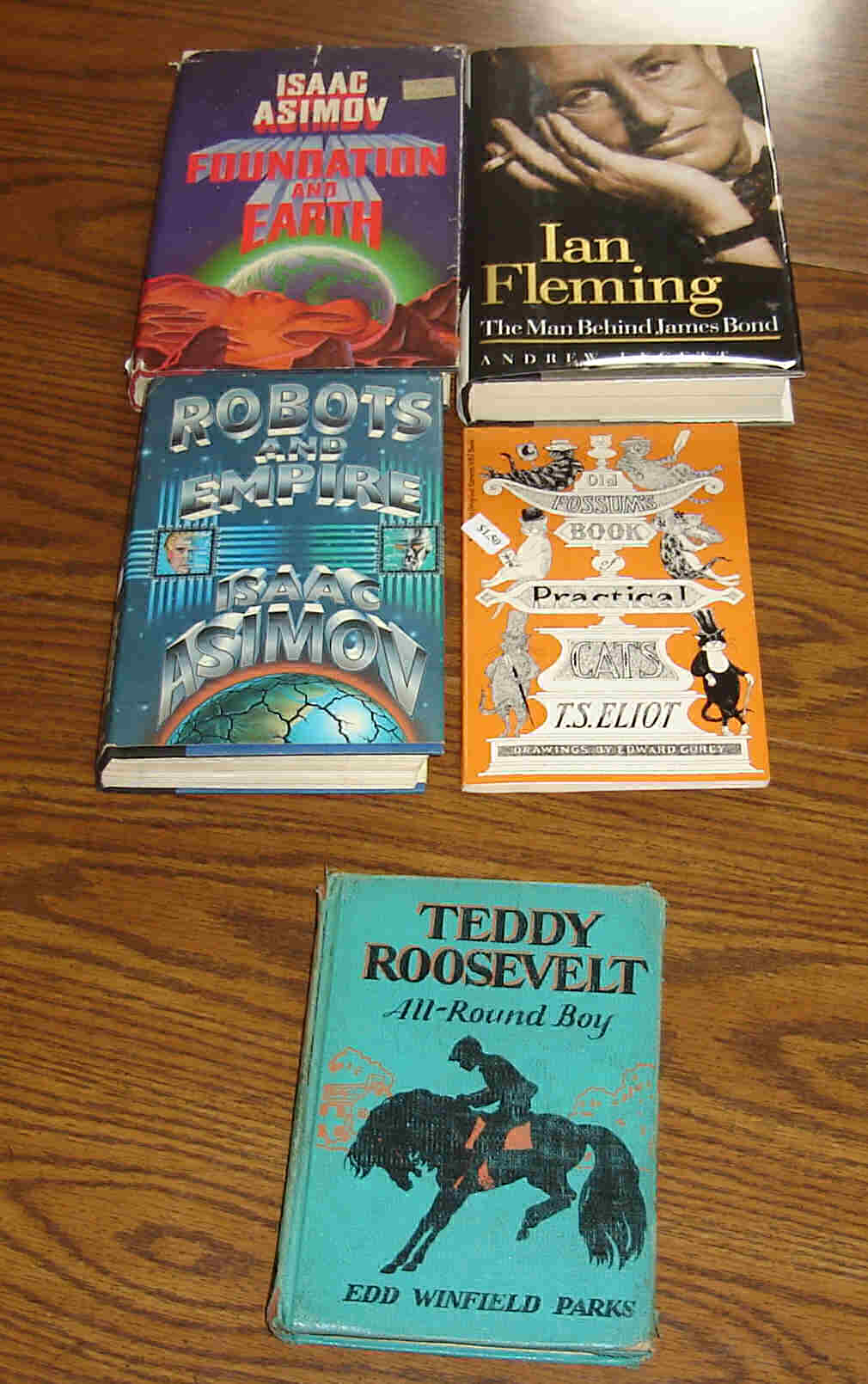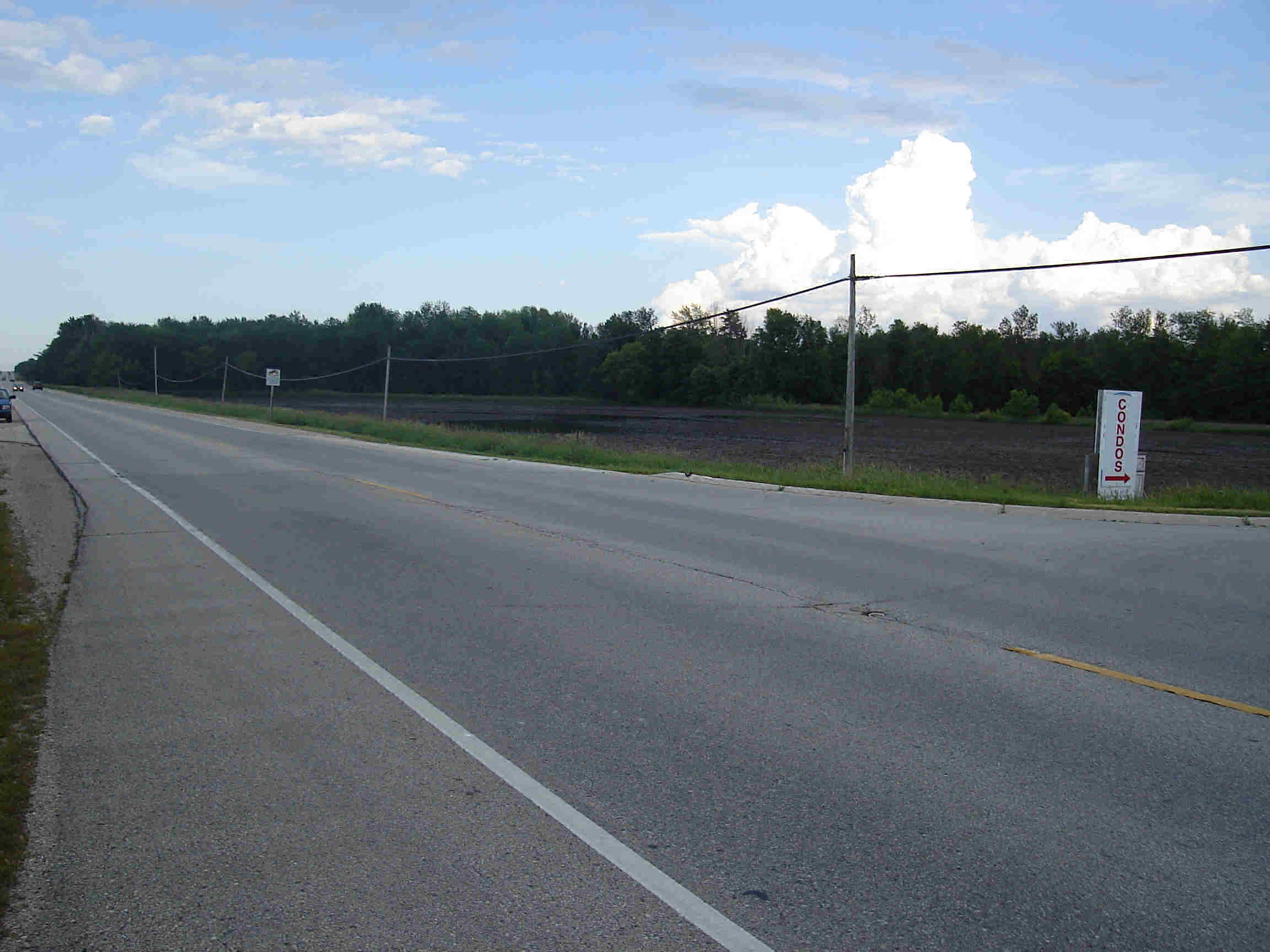This is a Fawcett reprint of the original book, so you’ll have to forgive the back cover’s references to patterns of violence and evil lurking beneath the surface. Instead of a crime novel, this book depicts a decadent family in a milltown in New York that has a week wherein their lives break out of the rut into which they’d fallen. It’s a character study of each and the events that change them.
The patriarch, 50 something Ben, runs the mill he and the others inherited, but his progenitors allowed it to run down, so he’s barely holding it together. A major financier comes along to buy the mill, and Ben has to determine what’s best for the family.
Ben’s son Brock has been expelled from school after falling in with a bad woman and stealing from another student to support her. He has to deal with his father’s sanction, but he meets another girl who draws his attention.
Ben’s daughter Ellen is dating an older boy and hangs with some older kids, college students now, but she thinks that they’ve changed or she has.
Ben’s half-brother Quinn, a vice president at the mill, is intimidated by his robust and energetic wife. He doesn’t work for his salary and keeps a woman on the side.
Ben’s half-sister Alice married a construction man and deals with frigidity.
The construction man used to build good homes, but now speculates with his construction, cutting corners and using cheap materials.
The youngest brother of the family marries a strong woman in Mexico City, where both work for the State Department, and they return.
Over the course of the week, Alice has a sexual awakening of sorts, which causes the construction man to reevaluate his life and goals and stop doing shoddy work. Ellen’s boyfriend stumbles through a rape attempt, and she grows up. Ben tells off Quinn, who must be the evil guy as he engages in the pattern of violence–beating his girlfriend to death (he thinks) and then killing himself. Brock regains his father’s trust as he helps the patriarch with the crises. And Ben decides not to sell, even though it might drive him to an early coronary, because he likes keeping the mill–and the family–together ultimately.
A decent character piece, a bit awash in characters though, more like MacDonald’s business books than his crime fiction. But a good read nevertheless.
Books mentioned in this review:






